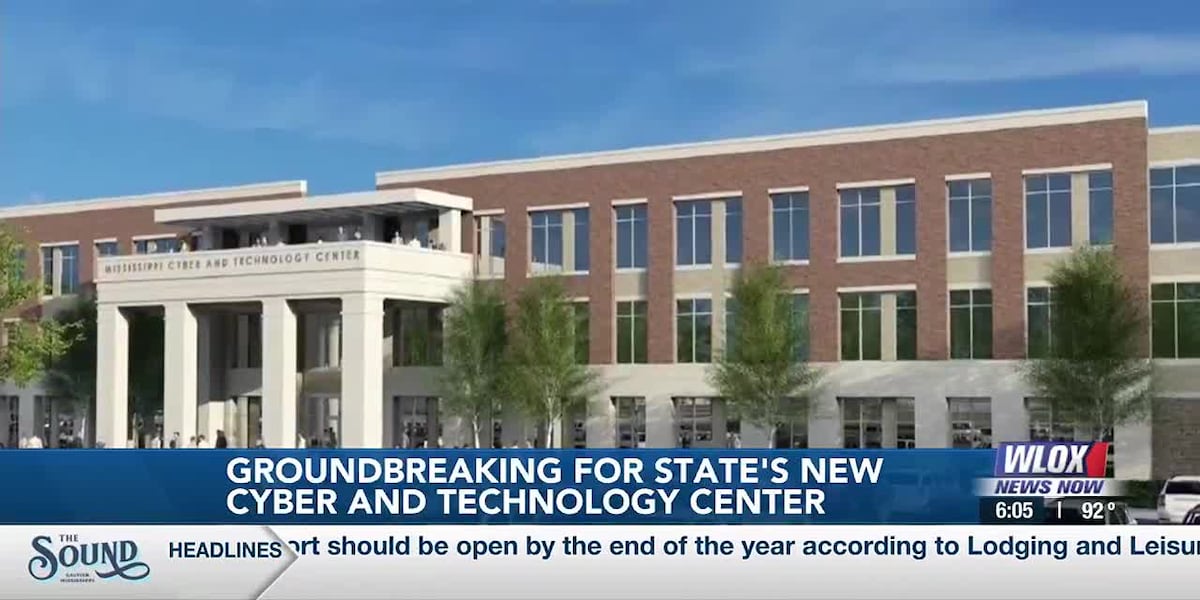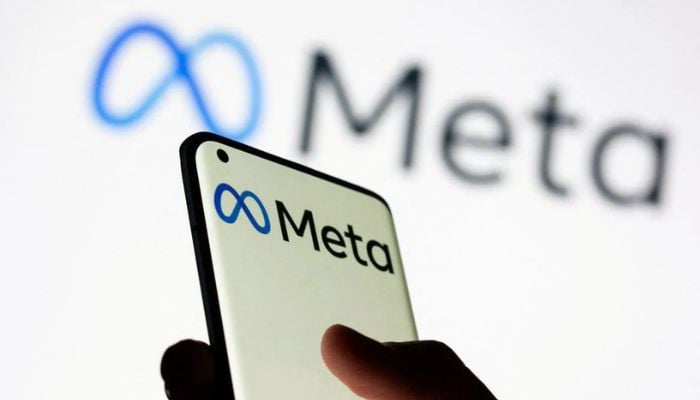Notting Hill Carnival: Police Deploy Facial Recognition Tech in Controversial Move Amidst Festive Celebrations

The vibrant atmosphere of the Notting Hill Carnival was punctuated by a significant development this year: the deployment of facial recognition technology by the Metropolitan Police. While the Carnival is a beloved celebration of Caribbean culture, it also presents unique challenges for law enforcement. This year, police utilised cutting-edge technology to monitor the crowds, leading to a groundbreaking arrest and sparking debate about privacy and policing in public spaces.
A Sea of Sequins and Feathers, Watched by AI
The annual Notting Hill Carnival draws hundreds of thousands of revellers to the streets of London, creating a dazzling display of music, dance, and elaborate costumes. Amidst the sequins, feathers, and infectious energy, police officers were visibly present, not just maintaining order but also utilising advanced facial recognition cameras. These cameras scan faces in real-time, comparing them against a database of wanted individuals and those with outstanding warrants.
Groundbreaking Arrest Highlights Technology’s Potential
The deployment of this technology resulted in a notable success: a swift arrest was made thanks to the facial recognition system. Police were able to identify and apprehend an individual wanted in connection with an unrelated crime, demonstrating the potential of the technology to aid in law enforcement efforts. The speed and efficiency of the arrest have been highlighted by some as a testament to the value of facial recognition in crowded environments.
Privacy Concerns and Ethical Debates
However, the use of facial recognition technology at the Carnival has also ignited a fierce debate about privacy and civil liberties. Critics argue that mass surveillance of this kind is a disproportionate response and represents an infringement on the public’s right to privacy. Concerns have been raised about the accuracy of the technology, the potential for misidentification, and the risk of bias in the algorithms used. The Metropolitan Police have defended their actions, stating that the technology is used responsibly and in accordance with the law, and that it is vital for ensuring the safety and security of all Carnival attendees.
A Complex Issue with No Easy Answers
The Notting Hill Carnival's unique context – a large, densely populated public gathering – makes the implementation of facial recognition technology particularly complex. Balancing the need for public safety with the protection of individual rights is a delicate act. While the technology may offer law enforcement valuable tools, it also raises fundamental questions about the future of policing and the extent of government surveillance in a democratic society. The ongoing debate surrounding this deployment is likely to continue, prompting further scrutiny and calls for greater transparency and accountability in the use of facial recognition technology.
Looking Ahead: Regulation and Oversight
The events at the Notting Hill Carnival underscore the urgent need for clear regulations and robust oversight mechanisms governing the use of facial recognition technology in the UK. Discussions are underway in Parliament regarding legislation that would limit the circumstances under which facial recognition can be deployed and ensure that safeguards are in place to protect citizens' privacy rights. The future of this technology hinges on finding a balance between its potential benefits and the risks it poses to individual freedoms.





